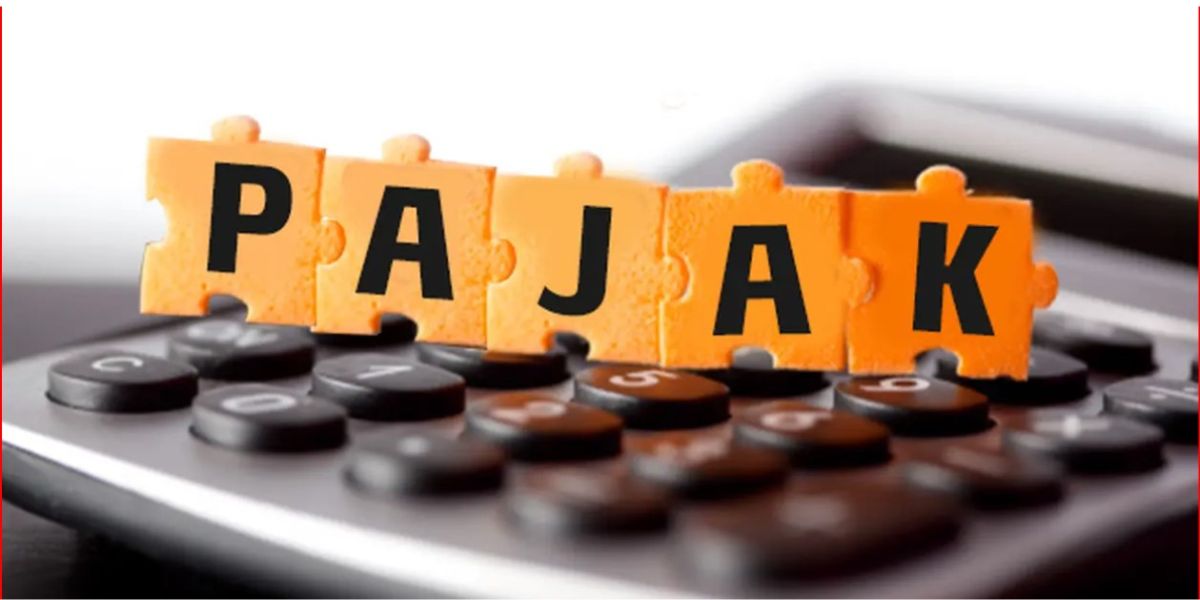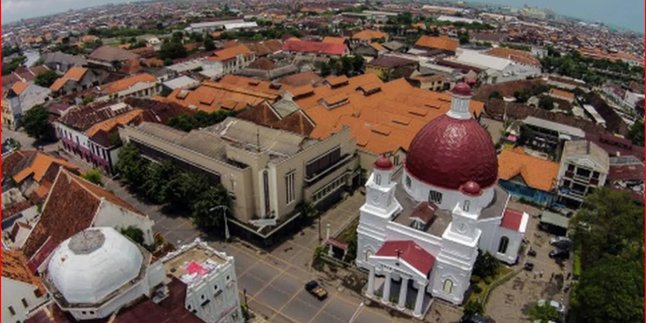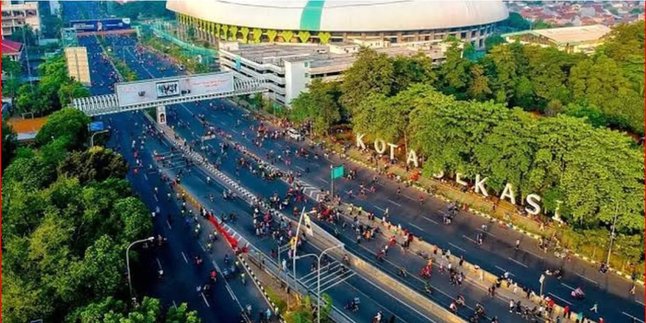Kapanlagi.com - The polemic regarding the policy of increasing Value Added Tax (VAT) from 11% to 12% is heating up! This policy, scheduled to take effect on January 1, 2025, has raised concerns among the public, particularly regarding its impact on the prices of essential goods and purchasing power.
As a form of protest, an online petition against the VAT increase has emerged and has so far successfully gathered more than 124,202 signatures. The signatories hope the government will listen to their voices and cancel this burdensome policy.
This call reflects the public's growing anxiety amidst increasing economic pressure, especially as we strive to recover post-pandemic. "The government should immediately cancel the VAT increase," reads the statement in the petition that is now viral on the X account @barengwarga, as reported on Thursday (19/12). Let’s see how the government responds to this wave of protests!
1. The Increase of VAT to 12% Diminishes People's Purchasing Power
The increase in Value Added Tax (VAT) to 12% as regulated in the Harmonization of Tax Regulations Law (HPP) Number 7 of 2021 has become a sharp focus, especially amid the government's efforts to strengthen the State Revenue and Expenditure Budget (APBN).
However, this move is considered unwise given that people's purchasing power is still struggling to recover from the impact of the pandemic. Previously, the spike in VAT from 10% to 11% in 2022 caused household consumption growth to slow down, from 5% to 4.8% in the following year.
Economist Nailul Huda from CELIOS stated, "When the VAT rate was at 10 percent, household consumption growth reached around 5 percent. However, after the rate increased to 11 percent, that growth slowed to 4.8 percent, and it is predicted to decline further."
2. Petition Link to Reject 12% VAT
The petition against the implementation of the 12% VAT has shaken the online world with over 124,202 signatures collected on Change.org, showing how deep the public's concerns are regarding a policy that is considered to further complicate their economy.
Through social media, the call to support this petition has gained momentum with the hashtags #RejectVAT12 and #TaxStrangling, creating a wave of voices urging the government to reconsider the policy.
The people hope that their aspirations will be heard, especially regarding the potential spike in the prices of basic necessities that burden daily life.
To participate, please visit the following petition link: [Reject 12% VAT](https://www.change.org/p/pemerintah-segera-batalkan-kenaikan-ppn-494f481d-703f-4dd8-a6b9-7e6bb904fece?recruiter=1356196151&recruited_by_id=47b763f0-96b6-11ef-a3f4-49c1242d0254&utm_source=share_petition&utm_campaign=share_petition&utm_medium=copylink&utm_content=cl_sharecopy_490308995_en-GB:10).
3. Economic Impact of the Tax Increase
The increase in Value Added Tax (VAT) is predicted to suppress the purchasing power of the public, causing prices of goods and services to soar, and raising concerns that household consumption—which is essentially the main pillar of the national economy—will slow down even further.
Not only that, this surge has the potential to trigger inflation, especially on everyday essential goods. Economists also warn that the impact of this VAT increase will be felt more heavily by low-income groups, who are more vulnerable to price fluctuations.
4. Government Response and Economic Perspective
Finance Minister Sri Mulyani recently stated that the 12% VAT rate applied in Indonesia is still relatively low compared to other countries. However, the government is committed to designing this policy carefully to minimize its impact on low-income communities.
Various strategic measures have been taken, including providing tax incentives for certain sectors, such as VAT borne by the government (DTP) for the purchase of homes and electric vehicles. Nevertheless, there are still many voices that believe these efforts are not enough to alleviate the economic pressure felt by the wider community.
"An 11 percent or 12 percent VAT is still lower compared to many countries, especially developing countries," emphasized Sri Mulyani.
5. The Future of Policies and Community Aspirations
With the support of over hundreds of thousands of signatures, this petition reflects the community's hope that the government will be more inclusive in formulating tax policies. Not only that, it is important for the government to open the door for dialogue with the people to find fairer solutions.
The success of this policy in the future will be heavily determined by the government's ability to balance the need to increase state revenue with its impact on society as a whole.
6. What is the 12% VAT?
Starting January 1, 2025, the public will feel a change in their wallets with the increase in Value Added Tax (VAT) from 11% to 12%.
7. Why are many opposing this VAT increase?
The public is now engulfed in anxiety due to the surge in prices that is expected to affect the rising costs of essential goods, while simultaneously eroding their purchasing power.
8. How to support the petition against the 12% VAT?
Support the petition you believe in easily through online platforms like Change.org;
9. What steps is the government taking to reduce the impact of the 12% VAT?
The government has taken strategic steps by offering tax incentives, including the Government-Borne VAT, for certain sectors, as an effort to alleviate the financial burden felt by the public.
(kpl/srr)
Disclaimer: This translation from Bahasa Indonesia to English has been generated by Artificial Intelligence.












